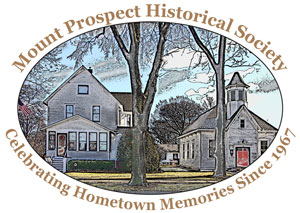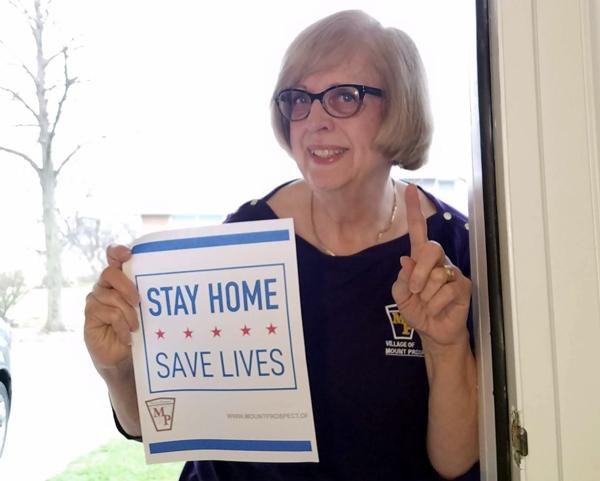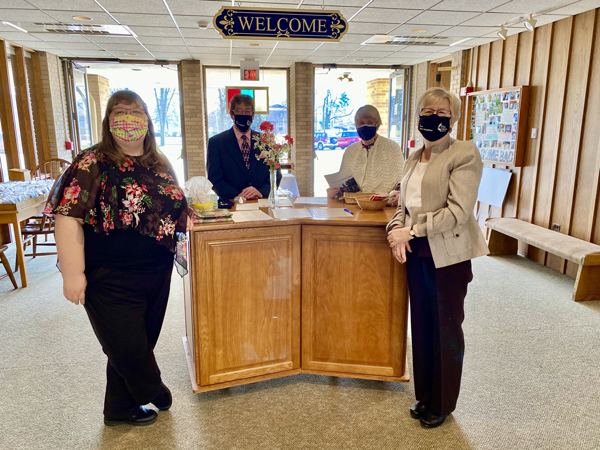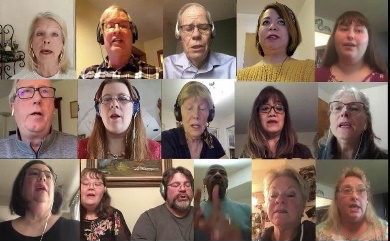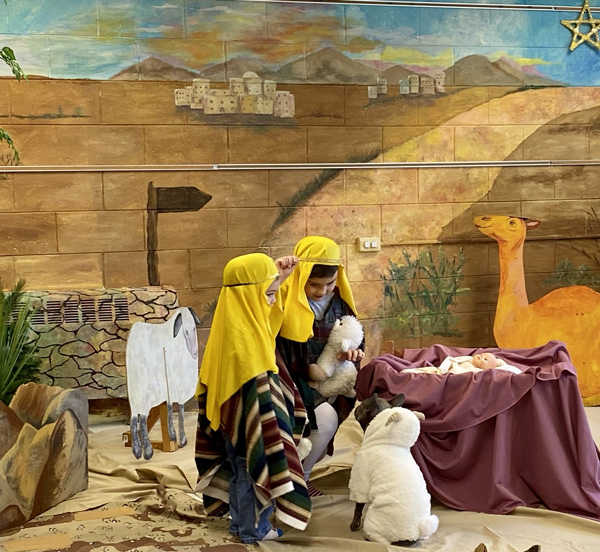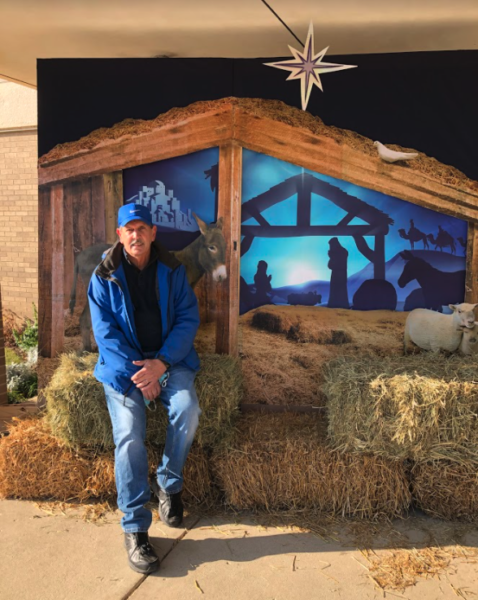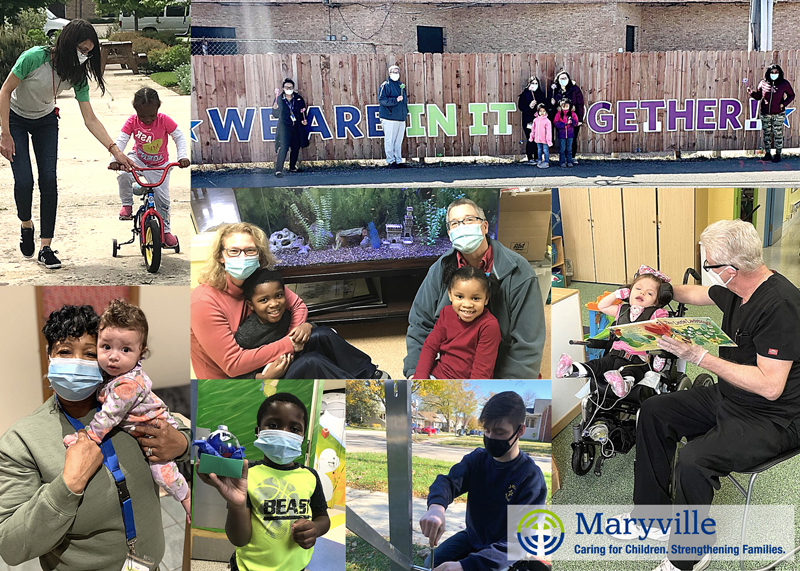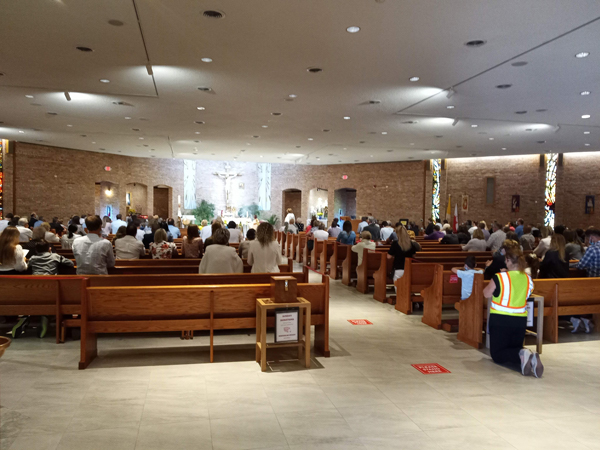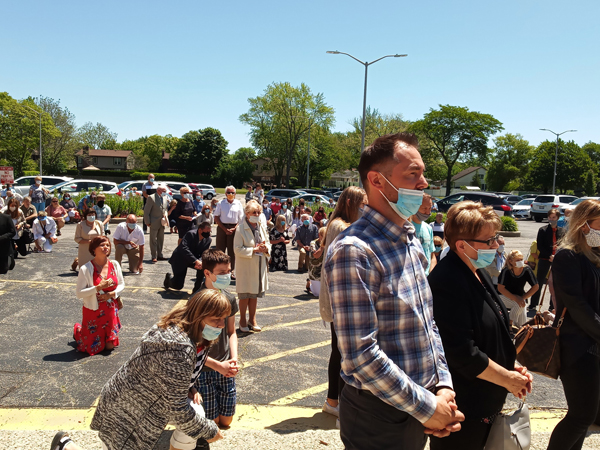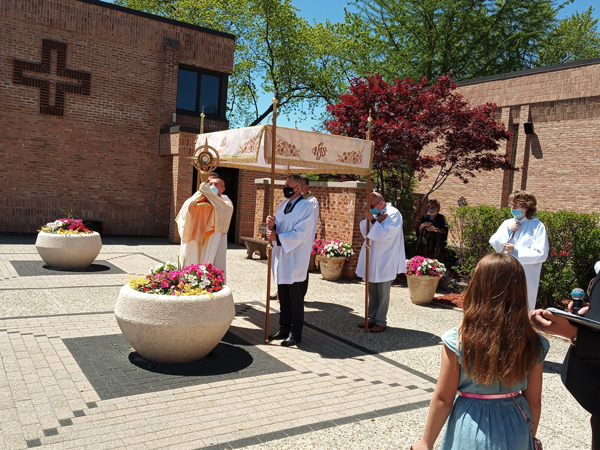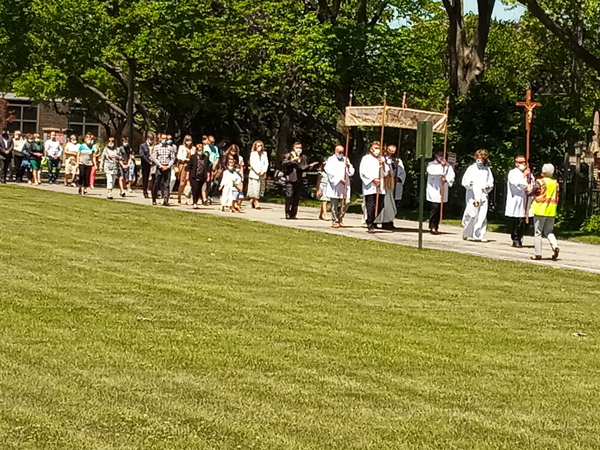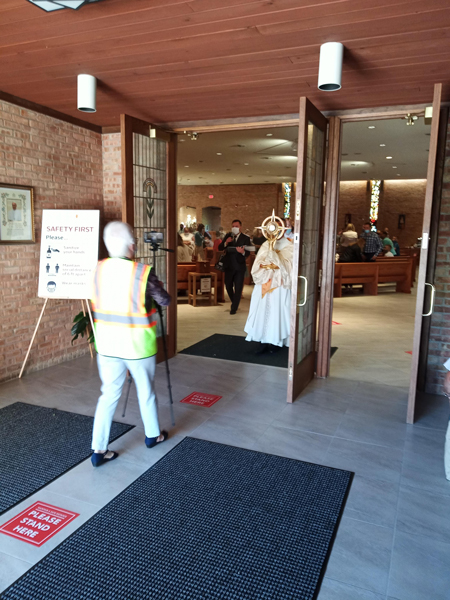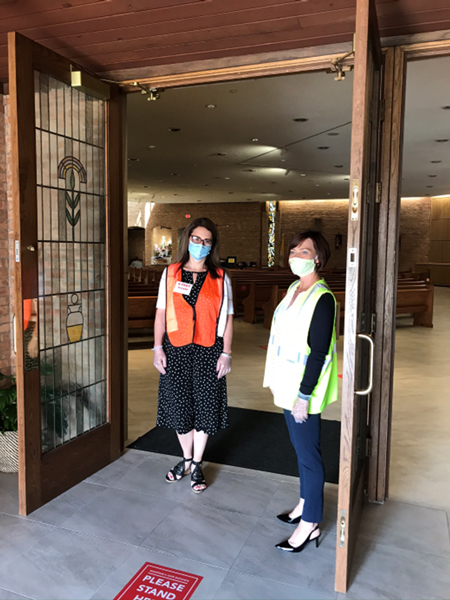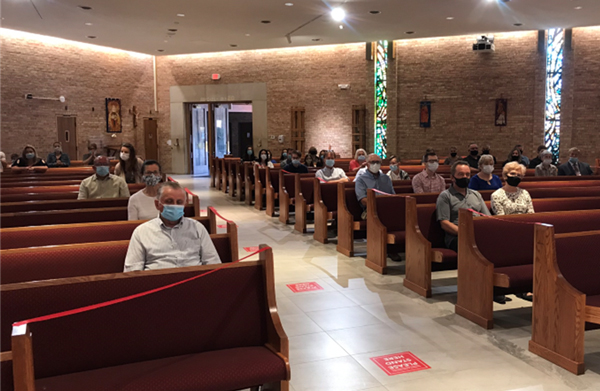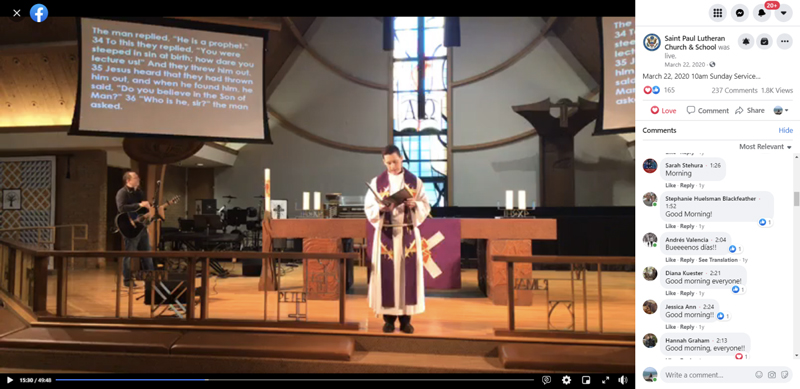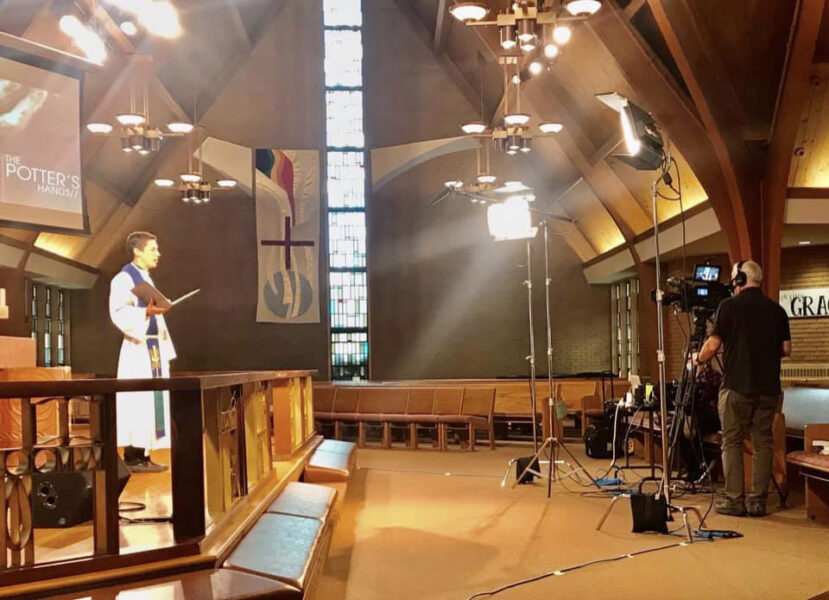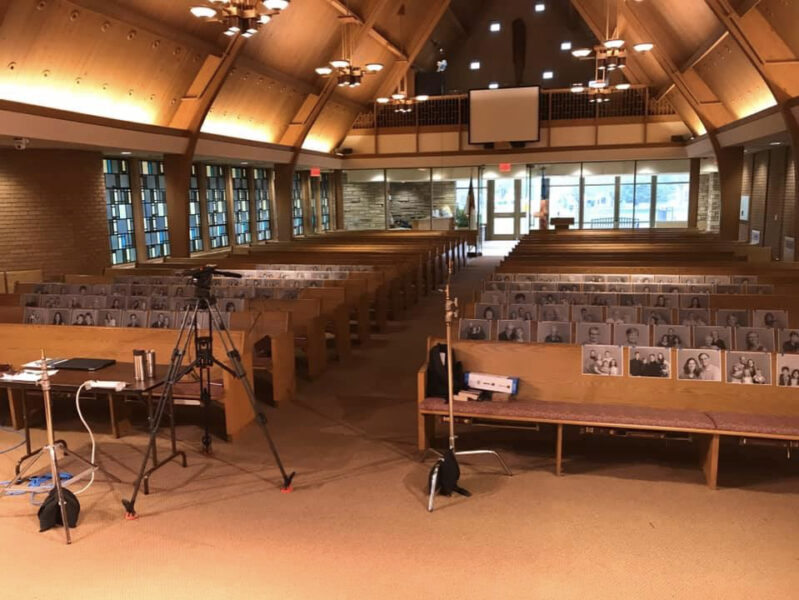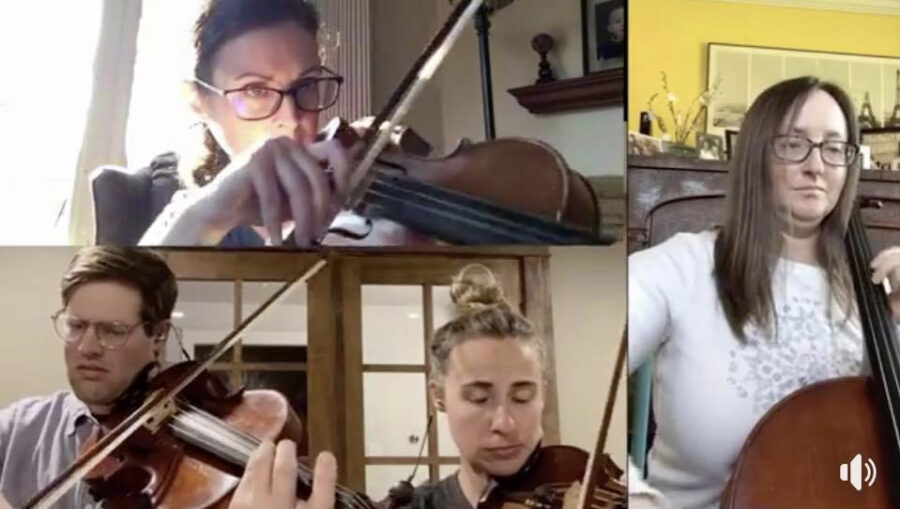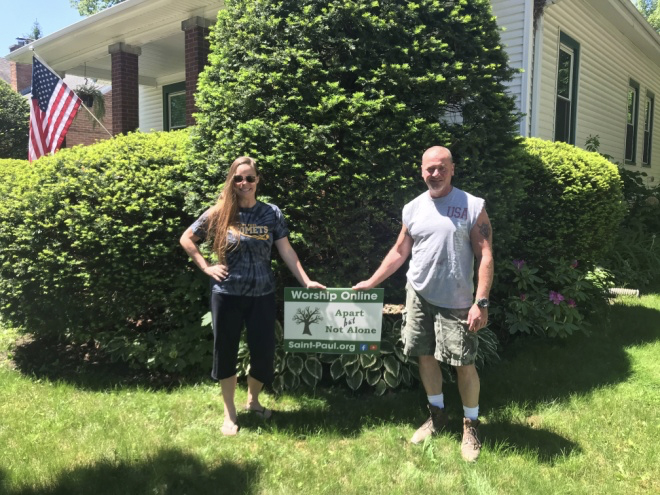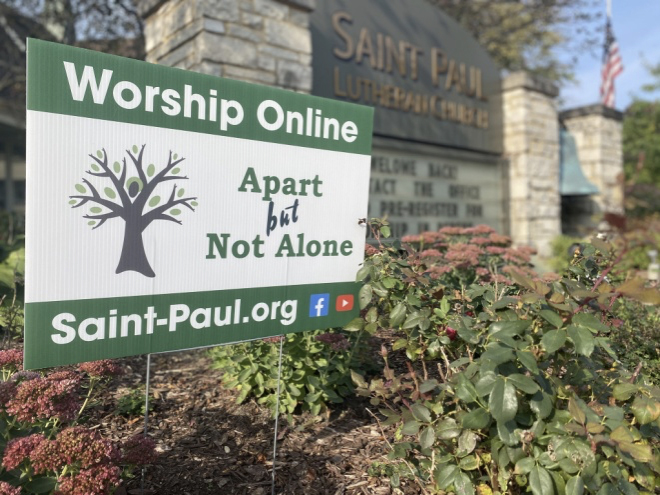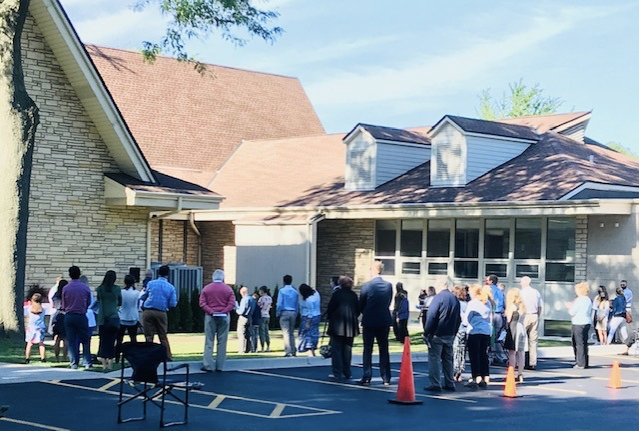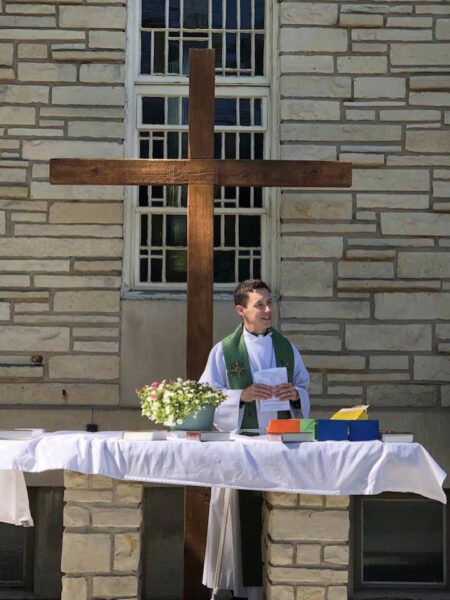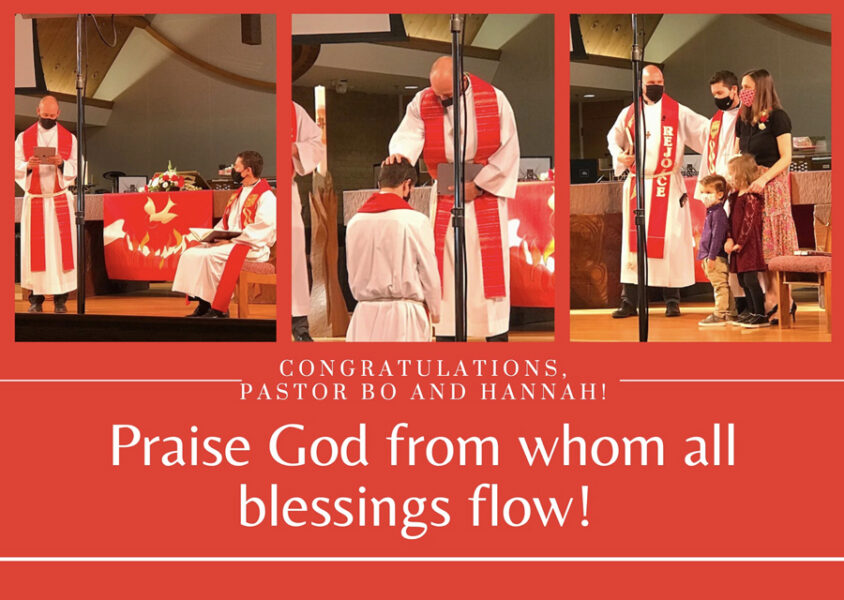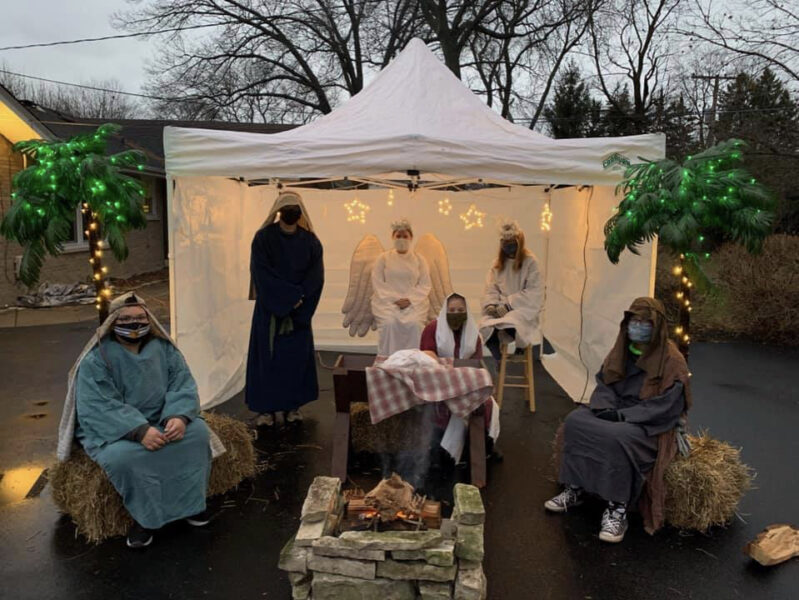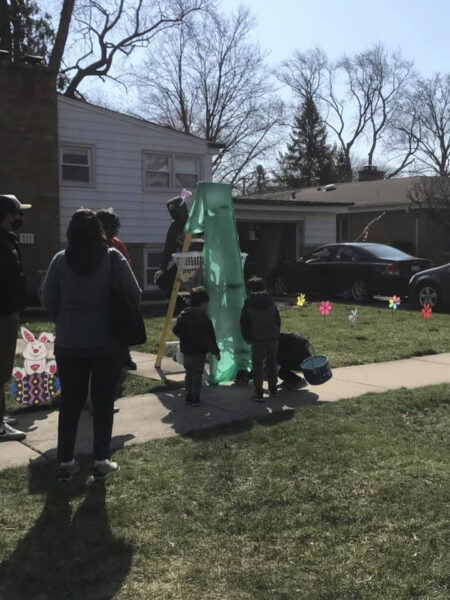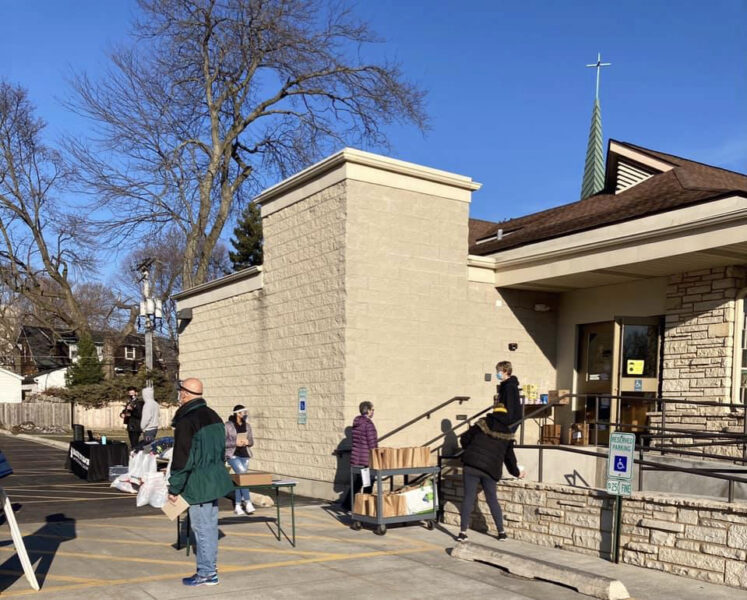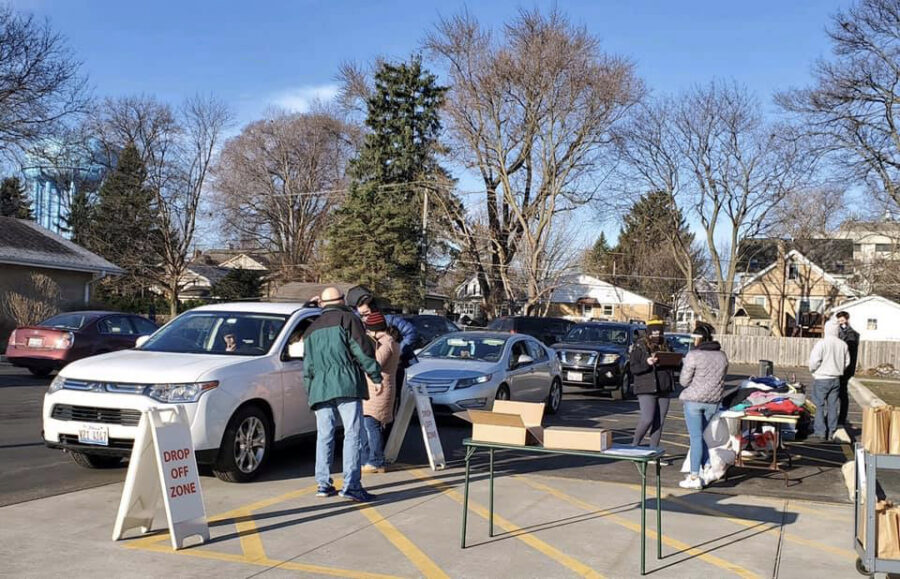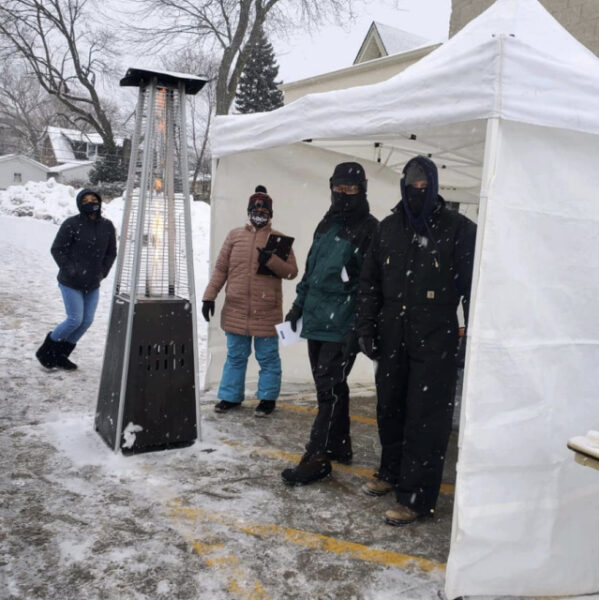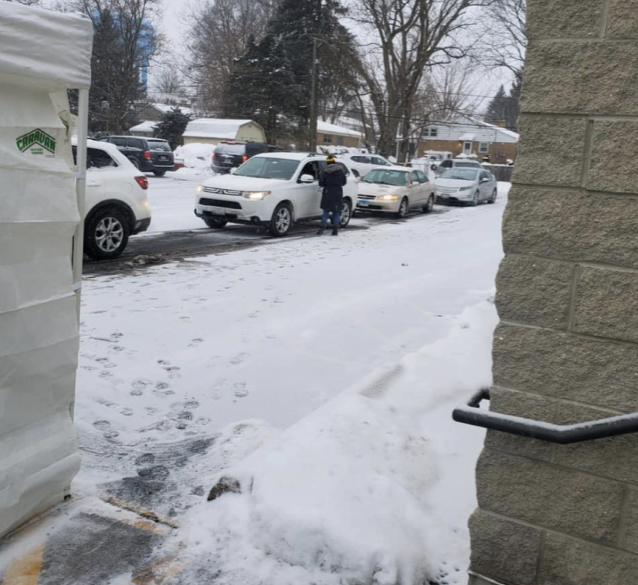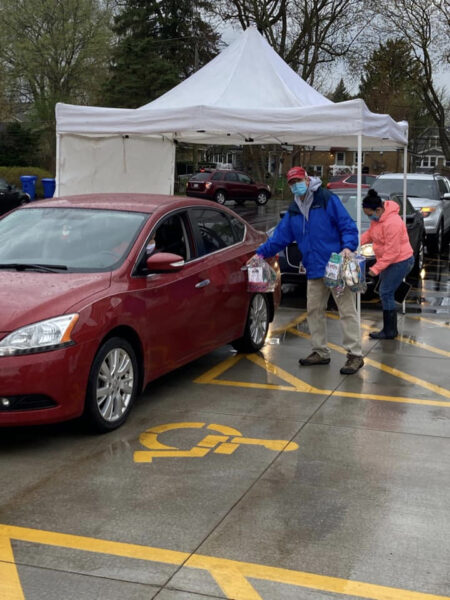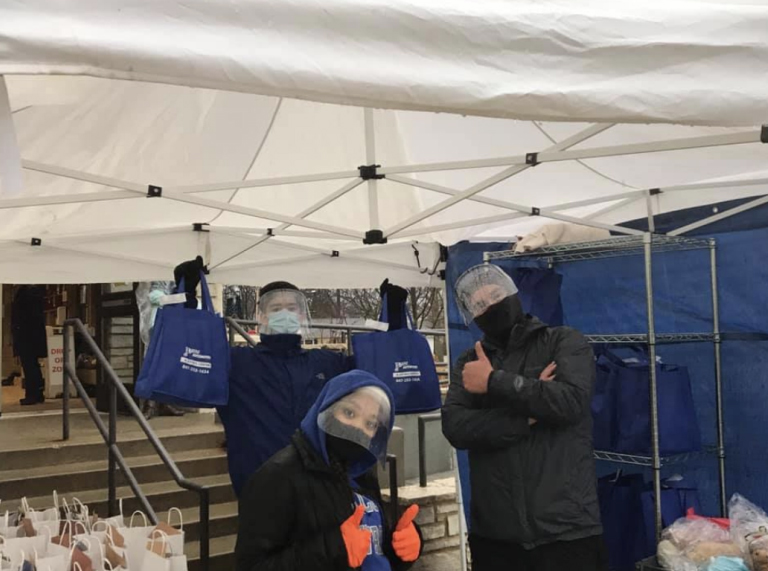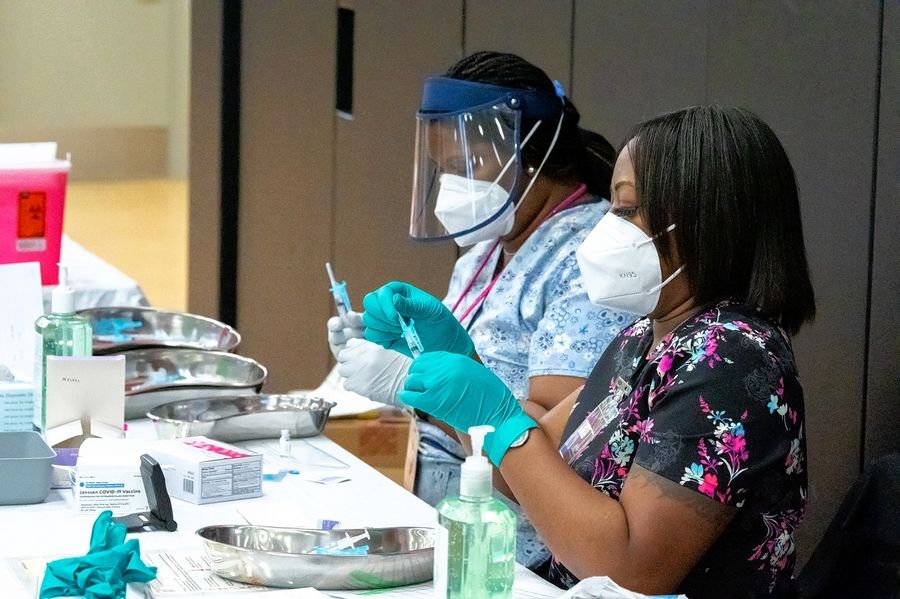
By Marni Pyke – 8/6/2021
As new cases of COVID-19 totaled 3,048 Thursday, the first time infections have surpassed 3,000 in a day since May 7, Gov. J.B. Pritzker stood by his day-old mandate for face masks in schools but hoped it will be short-lived.
“This is in a moment when the delta variant is rising fast and cases are rising fast,” Pritkzer said, referencing the highly contagious mutation of COVID-19.
“Most of us were able to go without masks inside in the early part of the summer. … Well, we didn’t know the delta variant would begin to overtake so many people. And so, this is hopefully a very temporary endeavor but one that we need to take.
“It is a mandate I think is required to keep our way of life moving forward. It’s a reasonable thing to ask people to do. These are not capacity limitations,” Pritzker said at an event at Southern Illinois University Edwardsville.
The new rule requires students, staff members and teachers at all public and private schools in Illinois to use face masks inside and extends to indoor sports and other activities. Children 11 and younger are not eligible for vaccines.
The U.S. Centers for Disease Control reported Will County is experiencing a “high” level of transmissions of COVID-19 with 121.3 new infections per 100,000 people over seven days. A high level means 100 or more cases per 100,000.
Cook, DuPage, Kane, Lake and McHenry counties are still listed as experiencing “substantial” transmissions of COVID-19, which indicates 50 to 99 new cases per 100,000 people.
“Our recommendation has not changed — get vaccinated,” Will County Health Department spokesman Steve Brandy said. “Regardless of the problem with the delta variant, getting vaccinated provides protection. Even if you get sick, you will be less sick, with less chance of hospitalization.” Will County reached the “high” level earlier this week.
Fourteen more people died from COVID-19, the Illinois Department of Public Health reported Thursday.
On Wednesday, 25,247 more COVID-19 shots were administered. The seven-day average is 24,988.
The federal government has delivered 14,986,995 doses of vaccine to Illinois since distribution began in mid-December, and 13,362,088 shots have been administered.
So far, 6,535,148 Illinoisans have been fully vaccinated, 51.3% of the state’s 12.7 million population. The Pfizer and Moderna vaccines require two doses several weeks apart.
Hospital patients with COVID-19 came to 1,205 as of Wednesday night.
The state’s positivity rate for COVID-19 cases is 4.6% based on a seven-day average.
Total cases statewide stand at 1,433,313, and 23,490 Illinoisans have died since the pandemic began.
Labs processed 63,057 virus tests in the last 24 hours.
Copyright 2022 Daily Herald (www.dailyherald.com)

